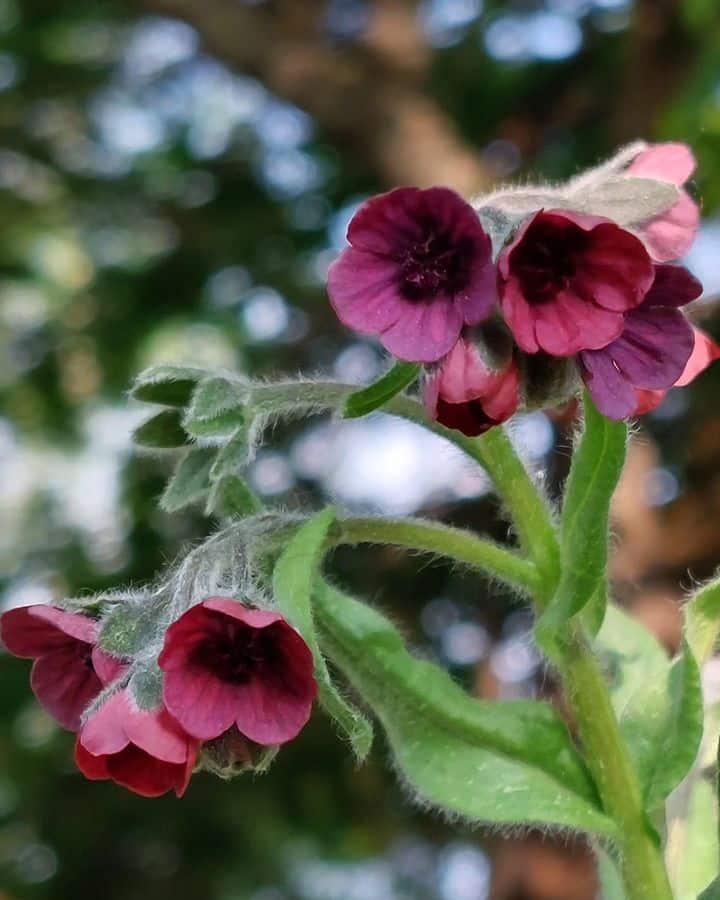Do you know even a visually appealing Tongue of Dog plant hides its noxious attribute of causing ecological impacts and toxic traits to humans and the environment?
The Tongue of the Dog, also called Cynoglossum officinale or hound’s tongue (common name), is a poisonous weed that looks just like a dog’s tongue.
So, go through this complete article to know the ecological impact of the Tongue of the Dog plant and the ways to get rid of it.
Table of Contents Show
Is Tongue of Dog Plant Invasive?
The Tongue of the Dog plant is native to Europe and Asia and is an introduced species in North America.
This plant can be biennial or perennial and contains rough leaves with reddish-purple blossoms.

Besides, the Tongue of Dog plant is invasive and can outcompete the native plants depriving them of nutrients.
Moreover, this invasive plant disrupts the native ecosystem, and the competition creates ecosystem imbalances.
The Tongue of the Dog plant can grow up to 3 feet tall, and the rapid growth can be problematic to neighboring plants.
Thus, due to such invasive nature, many countries, including the US, have listed it as a noxious weed.
Is Tongue of Dog Plant Toxic?
The Tongue of the Dog plant contains various harmful compounds like alkaloids and pyrrolizidine alkaloids.
This compound makes the Tongue of the Dog plant toxic to humans and animals.
Consumption of the Tongue of the Dog causes various health issues like stomach upset, liver damage, skin irritation, allergies, and respiratory discomforts.
Some people may also feel diarrhea, vomiting, nausea, and other gastrointestinal imbalances.
So, keep your pets away from this toxic plant. In case of accidental ingestion, contact:
Never consume the plants like houndstongue wildflowers without proper identification. Moreover, Blue Hound’s tongue has maximum toxic alkaloids in the seeds.
Thus, it’s better to dispose off the seeds as soon as possible to prevent it’s consumption by your children or pets.
How do I Get Rid of the Tongue of the Dog Plant?
Before removing Tongue of The Dog, make sure you manage long-sleeved clothes, proper gardening gloves, and sharp gardening tools.

Moreover, never bury the removed weeds, as they will regrow again. Remove the weeds before the plant sets flowers and seeds.
- Dig out the entire weed with its root manually using hands or gardening tools.
- Mowing will be helpful in removing these weeds if your garden area is large.
- If the infestation is excessive, use herbicides to control their regrowth.
- Avoid going to the highly infested area with furry clothes to prevent spreading.
- Deadhead the flowers before they start seeding, as the plant reseeds easily.
- After removing the weed, plant the native plants as soon as possible to avoid restoration.
- If all the efforts fail, seek professional experts to remove this weed.
From Editorial Team
Know More About Tongue Of The Dog Plant!
The Tongue of the Dog is helpful in treating different health issues like respiratory issues, skin infections, inflammations, swelling, etc., according to ancient people.
However, it’s not a good idea to take the risk of using such toxic plants as medicine. Seek medical attention instead of using unknown plants as medicine.


